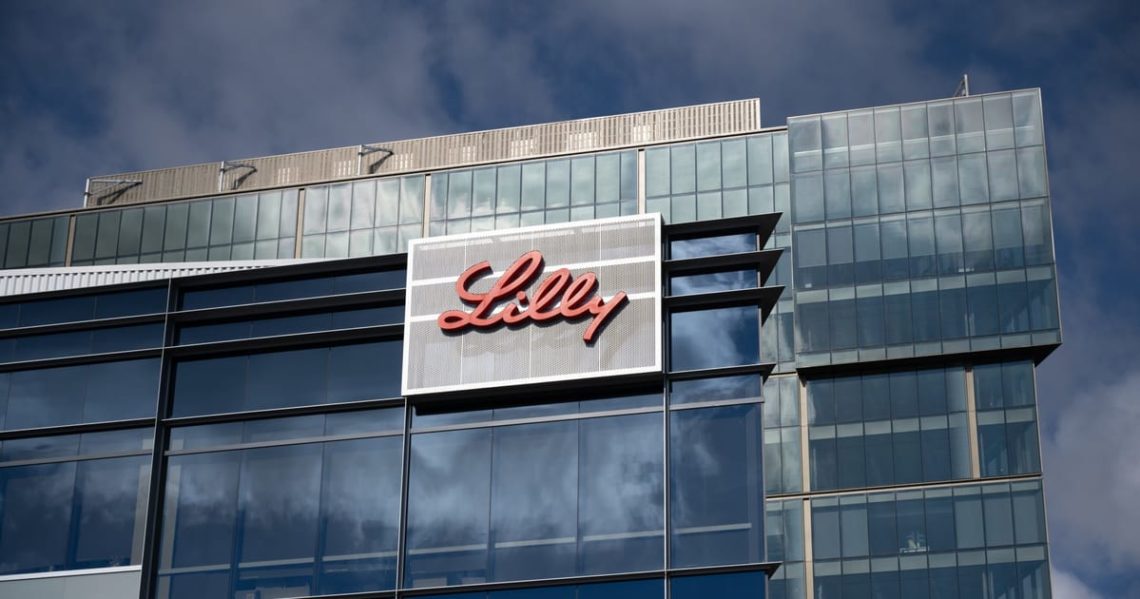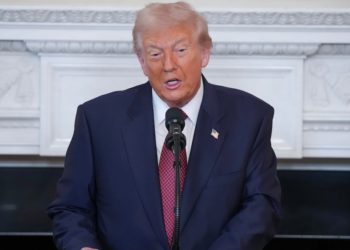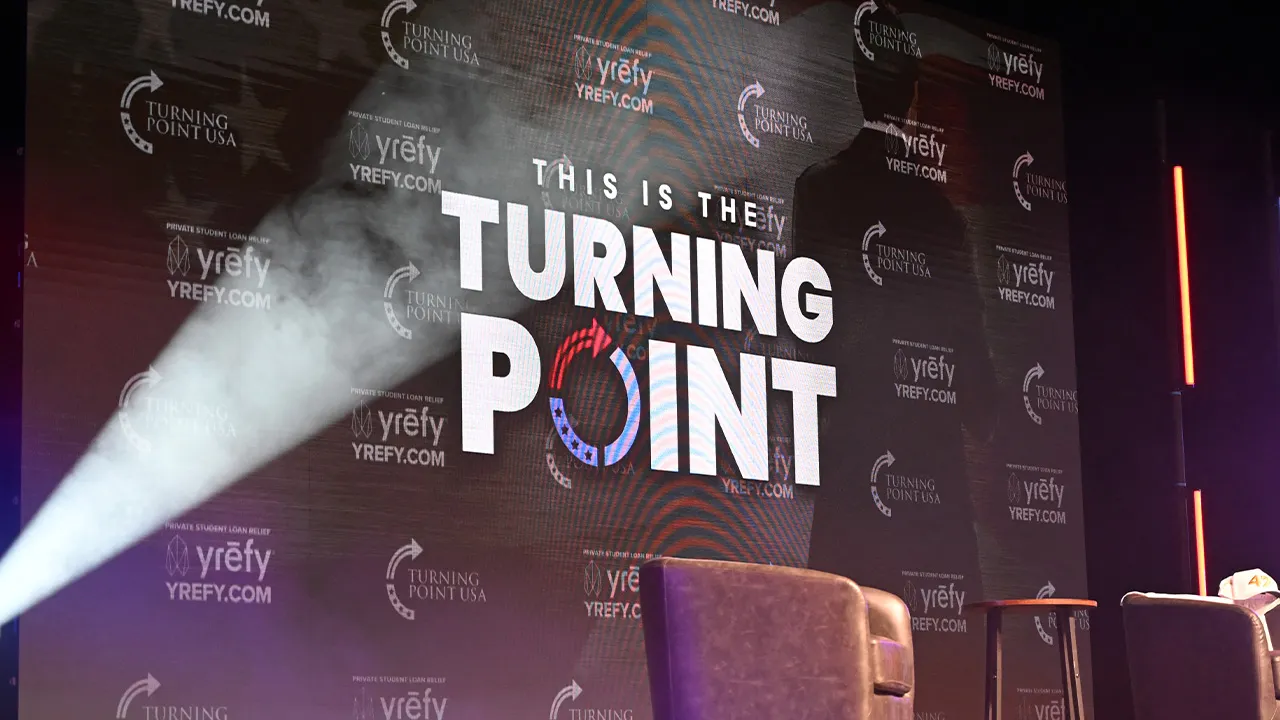LONDON — American pharmaceutical giants will start to shutter their U.K. operations unless Keir Starmer’s government agrees to pay more for their drugs, U.S. Ambassador to the U.K. Warren Stephens warned ministers on Wednesday.
“The U.K. needs to continue addressing its pricing structures for medicines to ensure it can compete for investment from U.S. firms,” Stephens told a U.K.-U.S. business gathering in central London attended by British trade and foreign ministers.
“If there are not changes made, and fast, pharma businesses will not only cancel future investments, they will shut down their facilities in the U.K.,” the diplomat said. “This would be a major blow to a country that prides itself, rightly so, on its life sciences sector.”
The U.K. is locked in drug-pricing negotiations with the Trump administration and pharmaceutical firms about how much the National Health Service pays for their products through the so-called Voluntary Scheme for Pricing, Access and Growth (VPAG) scheme.
Britain has offered to increase the threshold at which the NHS pays firms for medicines by up to 25 percent, POLITICO first reported in October. But pharmaceutical executives are pushing the government to go further.
American drugmaker Eli Lilly’s international business chief said on Monday that it wants to see more changes to Britain’s medicine market before it pivots on its abandoned £279 million investment in a biotech incubator project.
“I don’t think we have heard enough to say that we are willing to get the Lilly Gateway Lab started,” Patrik Jonsson, president of Lilly’s international business, which covers all markets outside the U.S., told POLITICO.
The focus of talks has turned to the government’s “clawback” system, where firms have to pay back part of their revenue if the total amount the NHS spends on drugs rises above a certain cap. Unless ministers agree to also raise that cap, any extra NHS spending will mean a larger clawback bill for pharma companies.
Pricing talks feature in the U.K.’s ongoing trade negotiations with Washington after Starmer struck a framework trade deal with Trump in May, promising to “improve the overall environment” for pharmaceutical firms operating in Britain.
U.K. negotiators are currently in Washington and “progress is being made on this literally as we speak,” Stephens said, adding he hopes “that will yield some success.”
The U.K.’s “chief obstacle” to growth is also its high energy costs, Stephens added. “If there are not major reforms to U.K. energy policy, then the U.K.’s position as a premier destination in the global economy is vulnerable.”
Britain’s Labour government is “completely signed up to an ambitious agenda for business,” said Trade Minister Chris Bryant, in an address following Stephens’ speech. He set out how the government plans to “integrate” its industrial, small business and trade strategies to grow the economy.
The post US pharma to abandon UK unless NHS pays more, says Trump’s ambassador appeared first on Politico.




